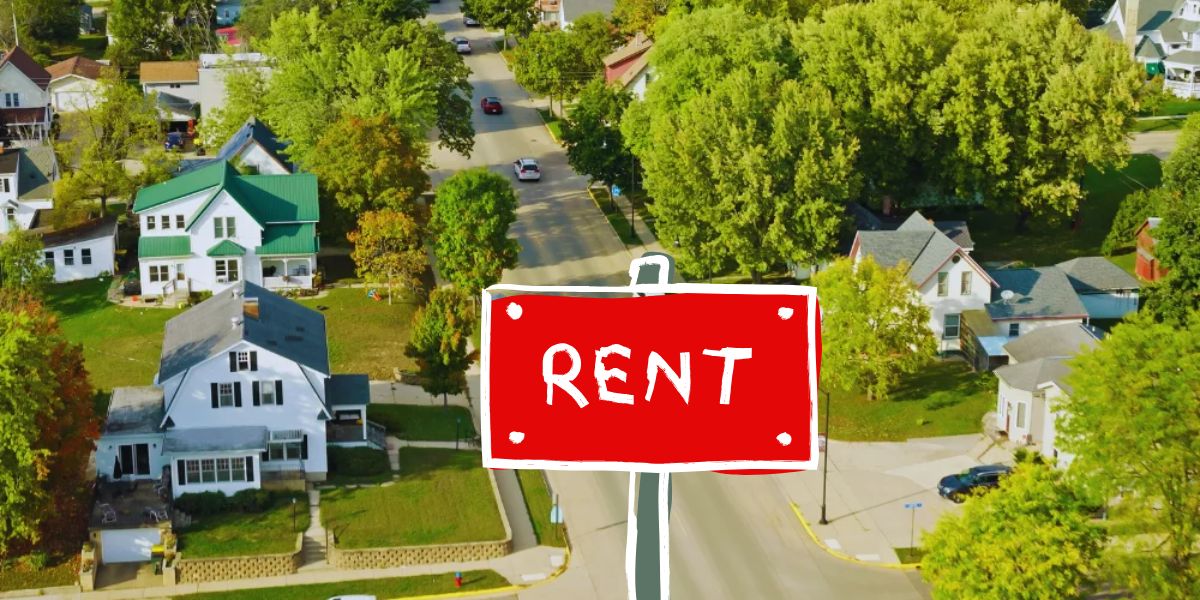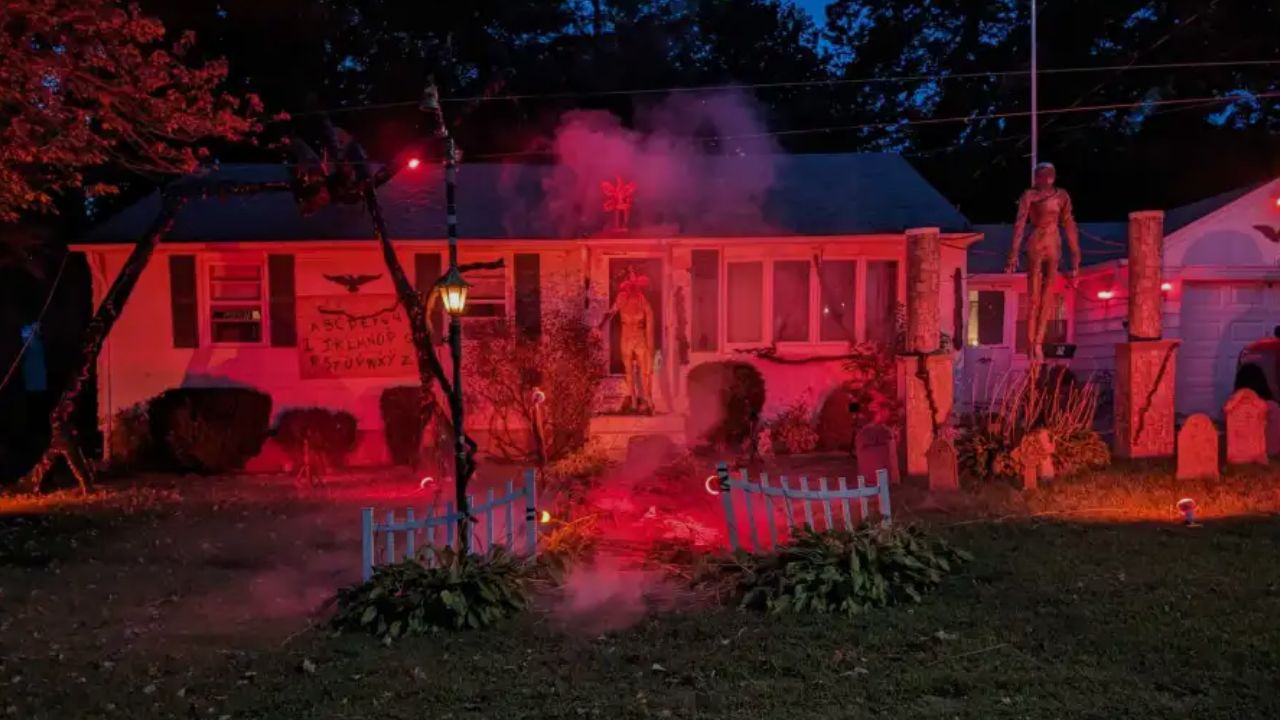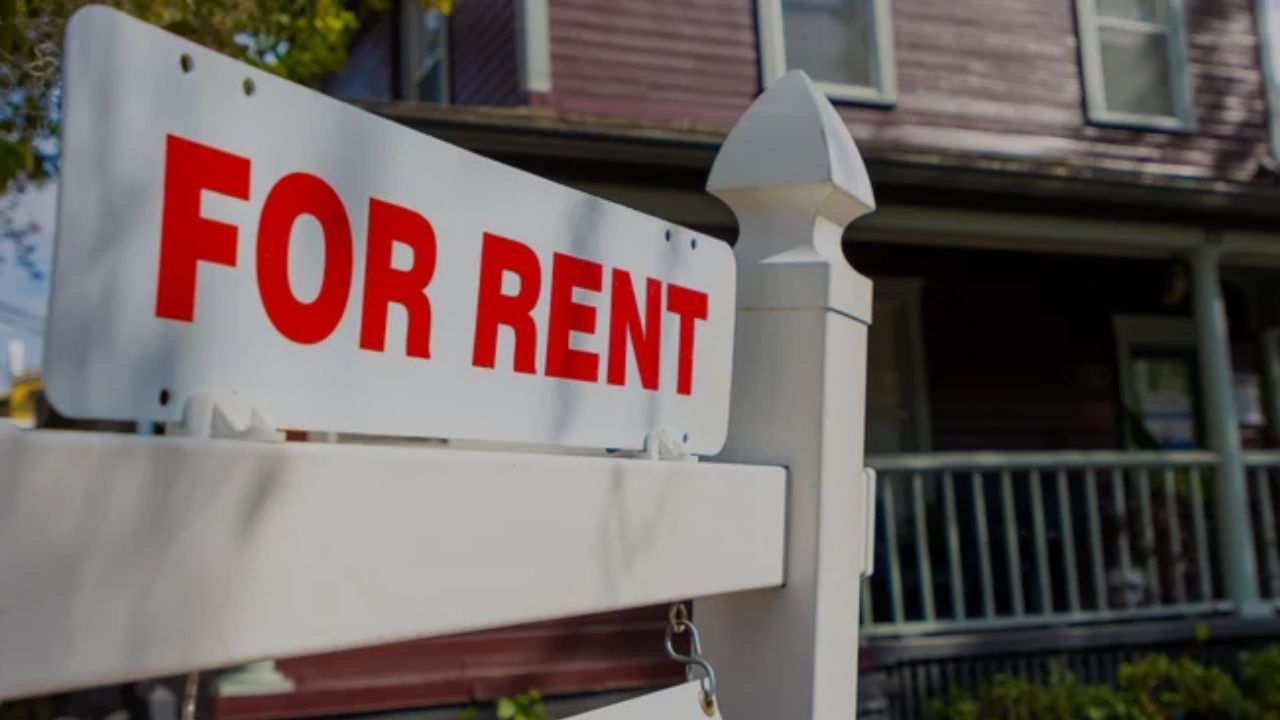Tenants in Wisconsin must understand the state’s regulations regarding rent hikes in 2025. Since Wisconsin lacks statewide rent control legislation, landlords are able to set rent amounts with considerable latitude.
However, when it comes to rent hikes, both landlords and tenants are required to abide by certain laws and regulations. Tenants must be aware of these regulations in order to preserve their rights and prevent unpleasant surprises when it comes to rent increases.
Rent Control and Regulations Throughout the State
Since Wisconsin does not enforce rent control, unlike some other states, landlords are free to raise rent as they see fit, subject to certain restrictions and rules.
As long as the tenant is given adequate notice, the law often permits rent increases to occur in between leases or after a lease term has ended. To prevent legal problems or disagreements, landlords must adhere to specific protocols.
Notice Conditions
Before raising rent, landlords in Wisconsin must provide renters with adequate notice. The kind of tenancy determines the notice period. Unless the contract stipulates a longer notice period, the landlord is required to give tenants with written leases at least 30 days’ notice before raising rent.
The notice period is 30 days if the renter has a month-to-month rental agreement. It’s important to note that the rent increase won’t be effective until the start of the subsequent renting month.
When a tenant has a fixed-term lease, the landlord is not allowed to raise rent until the agreement’s expiration.
Increases in Rent for Housing Subsidies
Additional restrictions apply to rent increases for tenants residing in subsidized housing or those receiving aid through Section 8 programs. Rent hikes for these renters are only permitted with the local housing authority’s approval.
A examination of the tenant’s income and the state of the housing market are usually part of the procedure. In these cases, rent increases are frequently restricted to a portion of the tenant’s income, and renters are given sufficient notice prior to any changes occurring.
Read Also: Missouri Rent Hike Laws for 2025: What Tenants Need to Know
Rent Increase Restrictions
Although there is no upper limit on rent increases in Wisconsin, they must be reasonable. Tenants may contest a sudden or excessive rent increase if it is thought to violate any implicit safeguards against unfair practices.
For instance, if a large rent increase occurs after a tenant has complained about the condition or requested repairs, it may be interpreted as retaliatory. Similarly, the rent increase may be illegal if it targets renters in protected classifications or is regarded as discriminatory.
Disputes Over Rent Increases
Tenants can seek legal counsel or lodge a complaint with the local housing authority if they think a rent increase is unlawful or unjustified. Tenants have the right to contest the increase if they believe they are the targets of discriminatory rent practices or unfair treatment.
To learn how to handle a dispute in these situations, it is frequently advised to consult with a lawyer or a tenants’ rights organization.
Tenants should be aware that there are a number of significant regulations governing rent hikes in Wisconsin in 2025. Despite the lack of a statewide rent control, landlords must nevertheless follow certain guidelines and provide adequate notice before raising rent.
Particularly in month-to-month arrangements or at the conclusion of a lease term, Wisconsin renters should be aware of the 30-day notice requirement.
Although there are no hard restrictions on the amount of rent increases allowed by the state, they must be fair and reasonable. Tenants can safeguard their rights and prevent unpleasant surprises when it comes to rent increases by being aware of these regulations.








